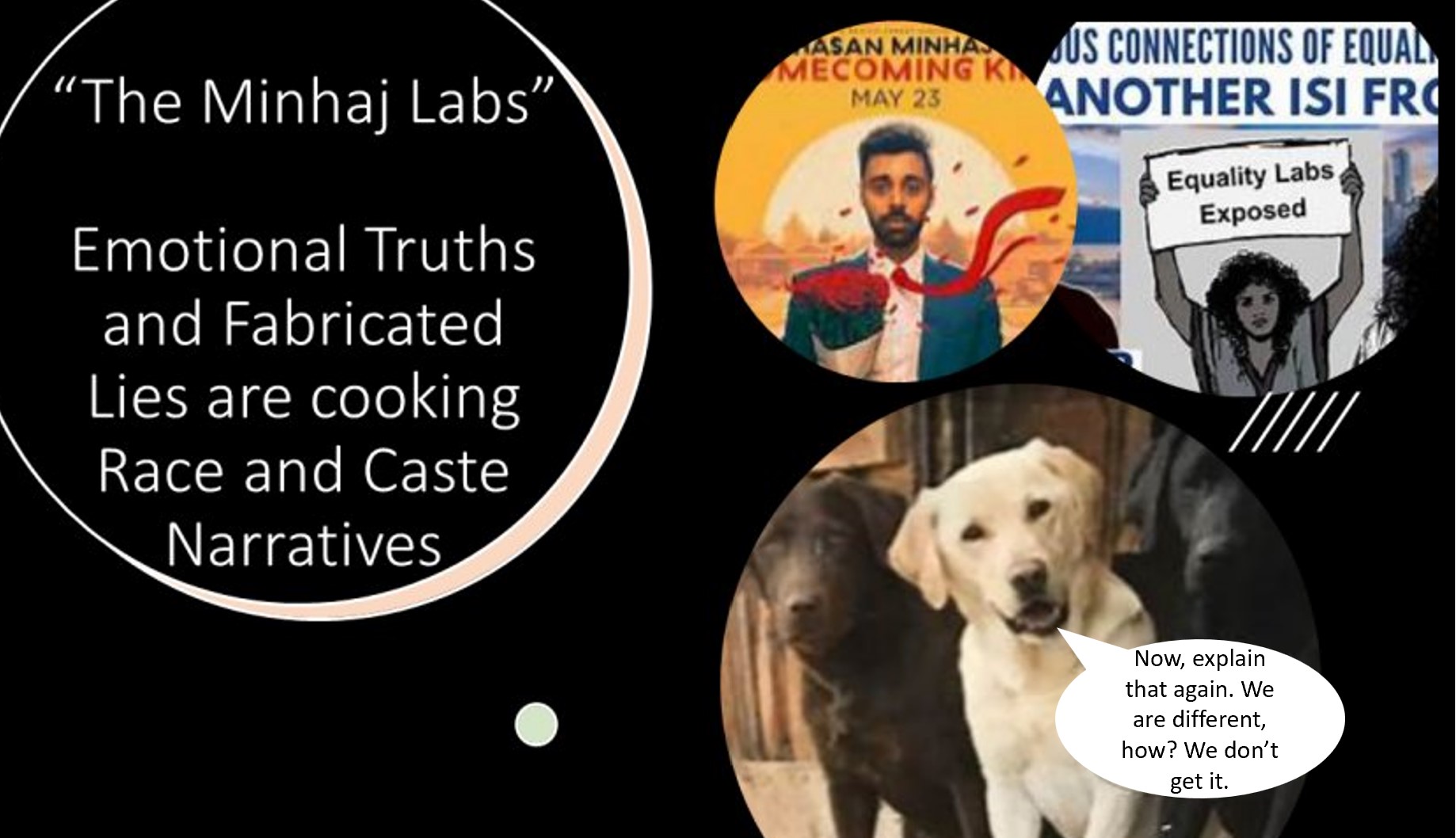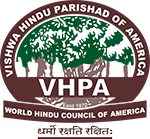Most Canadians are uneducated about the Hindu religion, and what they hear, read, or learn at home is mostly Hinduphobic, based on deep-held racial and religion-based prejudices. Prejudice against Hinduism has led to the portrayal of Hindus in a predominantly negative light in the media and academia. As a result, Hinduphobia in Western societies, as in Canada, is fuelled by racism, global academic Hinduphobia, and media Hindupobia, as discussed in a later section.
Evelyn Kallen (1998)[1], a Canadian scholar, provides a conceptual framework to analyze how racism works in society, both historically and today. Kallen’s thesis is that people in power can incite racial prejudice and discrimination “by manipulating deeply held invalidation myths to provide ‘evidence’ for their arguments” (p. 5). Kallen explains that “organized hate groups rely on and promote invalidation myths and ideologies through which they attempt to invalidate, in essence, to dehumanize, identified minorities and thus to legitimize the violation of their human rights” (Kallen, p. 5). She defined invalidation myths as “falsified statements which allege that identified human populations are innately inferior or invalid (defective) with regard to particular human attributes” (Kallen, p. 5. Kallen presents her concept of invalidation as a process that takes place in a sequence of the following three main stages:
- Invalidation myth (prejudice): definition of the target group as inferior/dangerous
- Invalidation ideology: development of the theory of vilification and provision of arguments and “evidence” to “justify” denial of a fundamental right.
- Platform for action: incitement to hatred and harm (discriminatory action), denial of human rights (Kallen, p. 5)
Invalidation ideology takes many forms, such as racism, sexism, homophobia, and so forth, and is useful in explaining Hinduphobia and Hindumesia. Kallen gives the following example of racism to explain how invalidation is used to justify racial discrimination. “Blacks are classified in racist myths as racially, culturally and morally inferior sub-human beings – criminally inclined dope-peddlers, wife-beaters, and murderers” (p. 5). Similarly, racist ideology has been, and continues to be, applied to racialized people, such as indigenous peoples and Hindus.
Kallen cautions that “the repetition of racist falsehoods and pseudo-facts can leave behind a residue of prejudice and hate among non-target recipients – a seedbed from which more widespread incitement to hate and harm can flourish” (p. 4). Kallen explains that such problematic social constructs and false myths are used as grounds for interiorization and ways to project these societies as dangerous and threatening. Using this ideology, “hate propaganda urges its audience to take steps to eliminate the purported threat” (p. 5).
- Invalidating myths: Indians (blacks, indigenous) are dirty, ignorant, superstitious, barbaric, and savages with no culture, laws, or civilization
- Invalidation ideology: They need to be civilized, and it is the white man’s burden to civilize them; need to bring to them laws and education for their own good.
- Platform for discrimination: white people take control of land and resources
An application of Kallen’s conceptual framework on the invalidation ideology of racism to Hinduphobia can be used to explain how the denigration of Indian religion in Western academia:
- Invalidation myth (prejudice): Hinduism is a war-mongering, politically oppressive religion. Hindu gods and Gurus represent sexual perversion; Hindus are sexual deviants.
- Invalidation ideology: All those who support Hinduism are part of “Hindutva” – a political organization rooted in the violent oppression of minorities. As religious extremists, Hindutva forces pose a serious threat to the safety of India and to the world.
- Platform for action: Urge media, academia, NGOs, and so on to organize the defamation and disempowerment of Hindutva forces by violent socialist, Christian evangelical, and academic, political, and social activities, as needed.
As explained above, ‘Invalidation Myths’ offers a powerful way to explain prejudice and hate, including racism and Hindupobia. Having said that, some Hindu scholars have objected to the use of the term racism for Hinduphobia. They point out that it is incorrect to conflate Hinduphobia with racism because while racism applies to prejudice and discrimination based on color, Hinduphobia refers to prejudice and hate based on religion. Much of the intolerance against Hindus is either based on the ideas of religious exclusivity of Abrahamic faiths or due to ignorance of or lack of education about Hinduism. It would appear that Hinduphobia occurs due to both racism and religion-based prejudice.
Citation
- Kallen, E. (1998). Hate on the Net: A Question of Rights / A Question of Power, Electronic Journal of Sociology. Retrieved from http://www.sociology.org/content/vol003.002/kallen.html
Go directly to specific parts of this series
- Part 1: Hinduphobia in Ontario and Canada – Introduction
- Part 2: Why HRC does not fully address the problem of Hinduphobia
- Part 3: What is Hinduphobia?
- Part 4: A Theoretical framework to understand Hinduphobia
- Part 5: Generalized Hinduphobia
- Part 6: Appropriation and lack of acknowledgment of positive contributions of Hindu civilization
- Part 7: Canada’s White Only History policy: overcoming a legacy of Racism
- Part 8: Hinduphobia in the Media
- Part 9: Hinduphobia in Academia/Universities
- Part 10: Examples of Hinduphobic Incidents in Canada







